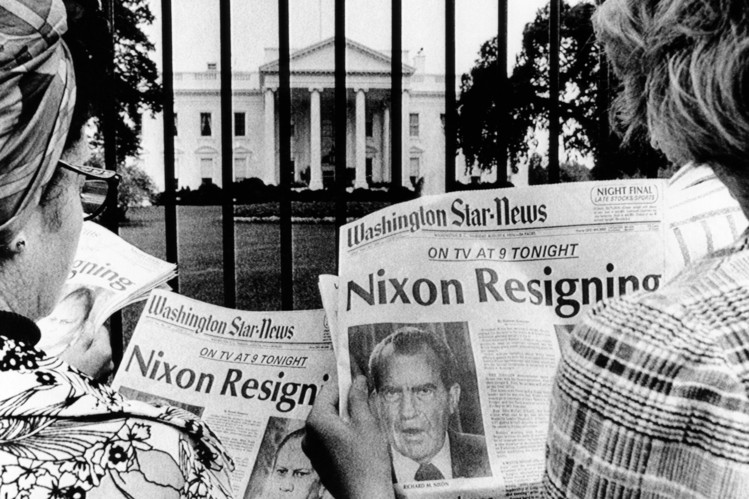Created on Monday, 14 June 2010 15:47
What lessons do the Vietnam War, Watergate, and the "War on Terror" offer about the abuse of power by the executive branch in times of national crisis?
Join Daniel Ellsberg, the RAND strategist whose leak of the Pentagon Papers helped bring down the Nixon presidency and end the Vietnam War, and John Dean, White House counsel to Nixon and later a key whistle-blower on the Watergate scandal, for a conversation about the perils — then and now — of presidential overreach and excessive secrecy.
The event, sponsored by the Open Society Institute National Security and Human Rights Campaign, comes on the eve of the U.S. premiere of the feature documentary The Most Dangerous Man in America: Daniel Ellsberg and the Pentagon Papers. Filmmakers Judith Ehrlich and Rick Goldsmith present clips from the film.
Ann Beeson, executive director for U.S. Programs at the Open Society Institute and former associate legal director at the ACLU, moderates the discussion with Ellsberg and Dean.
 staff and finally to President Nixon himself, a man whose mission to find dirt on his opponents led to his ultimate and extremely public downfall.
staff and finally to President Nixon himself, a man whose mission to find dirt on his opponents led to his ultimate and extremely public downfall.
